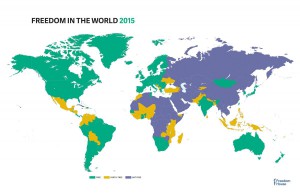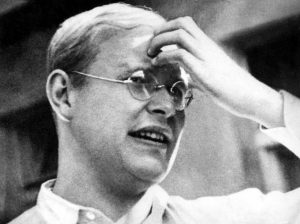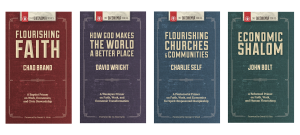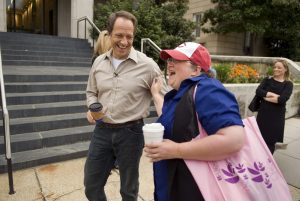


A New York Times editorial today argues that spreading concerns about the ethical validity of chimeras (human-animal hybrids) are unfounded. Here is a summary of the argument:
1) Strange and disturbing possibilities are more like science-fiction than real science. These “should not distract us from ing more mundane experiments with chimeras that will be needed to advance science.”
2) This is just the next logical progression. There’s no real substantive difference between transplanting organs or tissues and splicing genes.
3) A probable reason why many people worry about chimeras is because of the possibility that such actions might “visibly change the fundamental nature of either the human or the animal.”
4) We can trust scientists, who don’t want to make science-fiction, but rather do real scientific work. The munity is already implementing valuable and important ethical safeguards.
There isn’t a single one of these four points that rings true. Let me respond briefly point-by-point.
1) Clearly there is a pragmatism at work here. Almost anything is permissible in order to “advance science,” and anyone who says otherwise are either worry-worts or lunatics. And I’m not sure that any kind of genetic manipulation could ever be considered “mundane.”
2) There is a real difference between organ transplantation, which may not in all cases be objectionable, and genetic manipulation. Genes are the building blocks of life and fundamentally affect the identity and function of physical bodies. The editorial also assumes that all previous chimeras are noncontroversial, e.g. the transplantation of “human fetal tissue into mice.”
3) People are certainly concerned about obvious changes to humans (i.e. visible), but this is only reflective of the deeper recognition that genetic manipulation fundamentally affects the subjects, whether or not the change is visible. The human person consists of much more than just a physical body or what is visible.
4) A brief look at the NAS guidelines for embryonic stem cell research shows that what is operative here again is a scientific pragmatism. Proposed experiments creating genetic chimeras have already been approved by university ethics boards, using the only ethical framework they know. This framework, however, is inadequate.
All of these problems seem to stem from a basic misunderstanding of the human person. A naturalistic/materialistic anthropology will eventually lead to such conclusions, because the picture of the human person is severely truncated. Instead of reflecting a true and biblical conception of the human person, body and soul, humans are reduced merely to physically evolved bodies. I might write up a more detailed response later, but you get the idea of what the problems are with such rationales.









